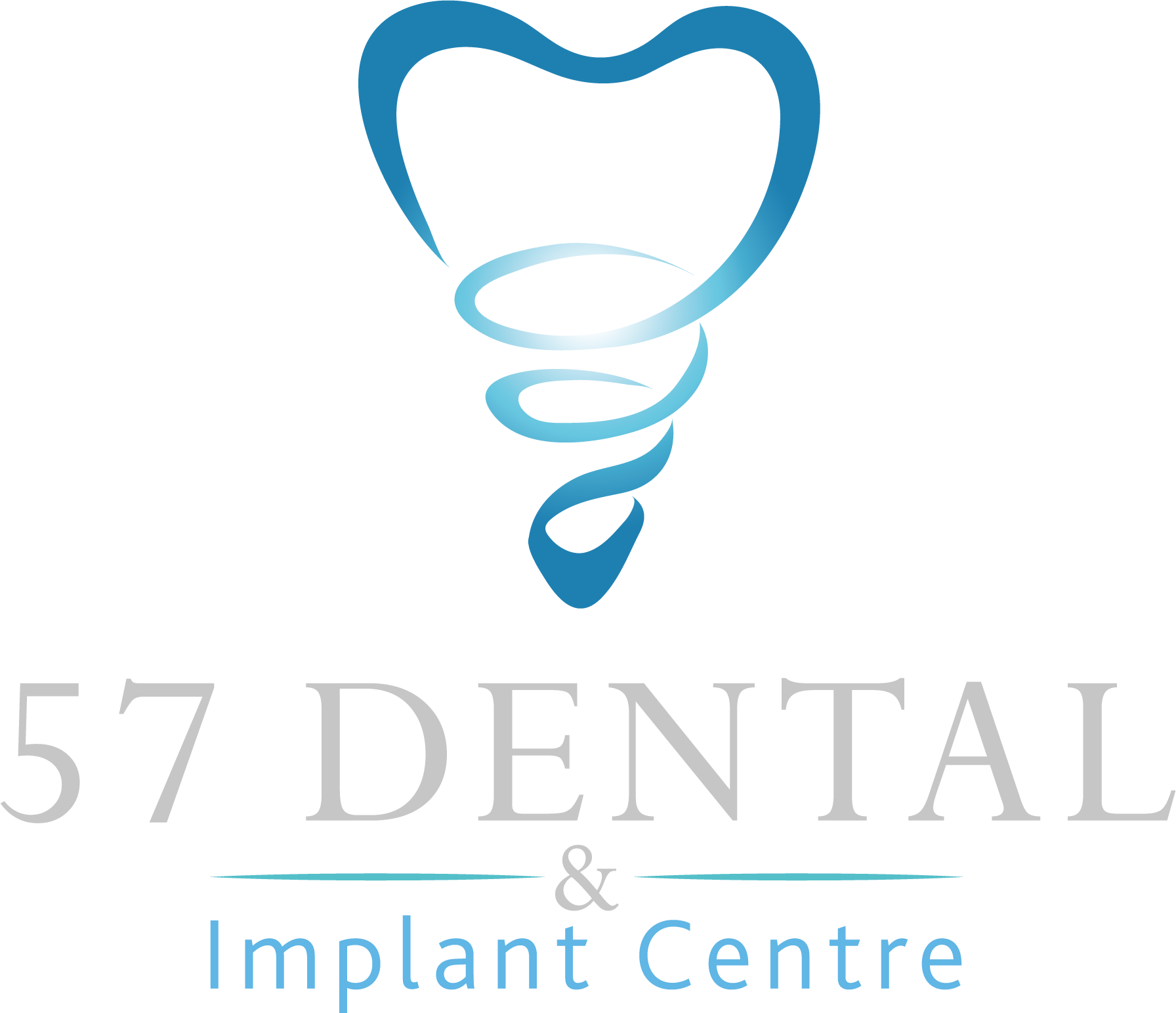Say Hello To Us
Opening Hours
Monday : 8.00am – 5.30pm
Tuesday : 8.00am – 5.30pm
Wednesday : 8.00am – 5.30pm
Thursday : 8.00am – 5.30pm
Friday : 8.00am – 5.00pm
Saturday : By Appointment Only
Sunday : Closed
- Last Updated: July, 2024
- Dental Website by TDMC
